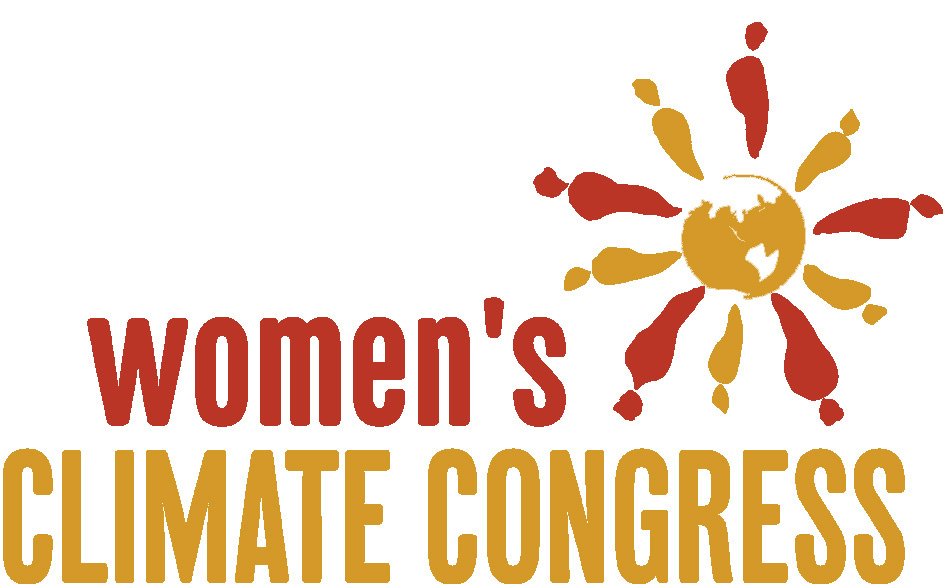
Women’s Caucus
The Women's Climate Congress has consistently advocated for a multiparty 'Women's Caucus' in parliament to create a safe space where women can bring their own leadership style, priorities and a women's lens to policy development and debate. In the US a Congressional Women's Caucus was formed in 1977 and had provided a place for congresswomen and senators to work together on issues of common concern for women. Many other countries also have a multiparty women's caucus.
In discussions with women members of parliament nationally and in the ACT, as well as at our Women’s Climate Conversations and National Congress of Women events, we have consistently advocated for women’s caucuses at all levels of government. The WCC Charter for Change Action 1 (Embrace gender-balanced, inclusive governance) includes a call for:
A multiparty women’s group (‘Women’s Caucus’) in all federal, state and territory parliaments to encourage women to work together on issues of common concern.
Climate change is an issue of concern for women because of our priorities and responsibilities for ensuring the safety of future generations. Also, it is well-established that women and girls suffer greater impacts of climate disasters. Given the lower representation to date of women voices and priorities in policy development and debate around action on climate change, we hope that the issue of climate change will be one that will attract multiparty collaboration among women parliamentarians.
ACT Legislative Assembly
In the latter half of 2023, WCC met with a number of MLAs in the ACT Legislative Assembly and found that there was some, although not universal, support for a women’s caucus in the Assembly.
WCC members Alex Marsden and Laurann Yen prepared a discussion paper for women MLAs:
A multiparty Women’s Caucus with a focus on action on climate change, Discussion starter, December 2023.
Based on this paper and discussions with MLAs, which indicated good support for a hat indicated WCC has planned a women’s roundtable breakfast event for 12 March 2024.
Topic: How can women work together to turn the pledged outcomes from COP28 into reality?
At the recent COP28 conference in Dubai, the ‘UAE Consensus’ delivered an international agreement among world leaders to ‘transition away from fossil fuels’. Of the 133 world leaders who attended the conference, only 15 were women and only 38% of the negotiating teams from participating countries were women. Another declaration from the conference (endorsed by Australia) relates to gender-responsive just transitions and states: ‘We, ministers and government officials, declare our resolve as we implement the Paris Agreement to drive gender-responsive just transitions, which strengthen all women’s and girls’ leadership and meaningful participation, decision making, capacities, and livelihoods in climate action to achieve gender equality and support the sustainable and transformational impacts of our adaptation, mitigation, and finance efforts.’
COP28 was saw more engagement than ever of women Non-State Actors and a much stronger emphasis of the disproportionate impact of climate change on women and girls. An international women-led movement for increased ambition and action on climate change is rapidly gaining momentum with international initiatives such as She Changes Climate and Project Dandelion (a new umbrella group supported by Mary Robinson, Cristiana Figueres and many prominent women leaders from across countries and political persuasions).
We have invited women MLAs from all parties and other guests to share their responses to the overall urgency of the climate situation now faced by humanity. The aim is to consider together what actions women can lead in the ACT and beyond to promote implementation of the UAE Consensus, gender-responsive transition, and other COP28 outcomes. Further information will be circulated closer to the event.
The format of the event will be a facilitated conversation with Chatham House Rule to encourage open sharing and collaboration.
Federal Parliament - Women’s Roundtable
February, 2023
Resources
According to research, female politicians are more likely to substantively advance women rights in areas such as pay equity, violence against women, health care and family policy. Also, research has shown that women in government tend to work in more collaborative and bipartisan ways and employ a more democratic leadership style.
